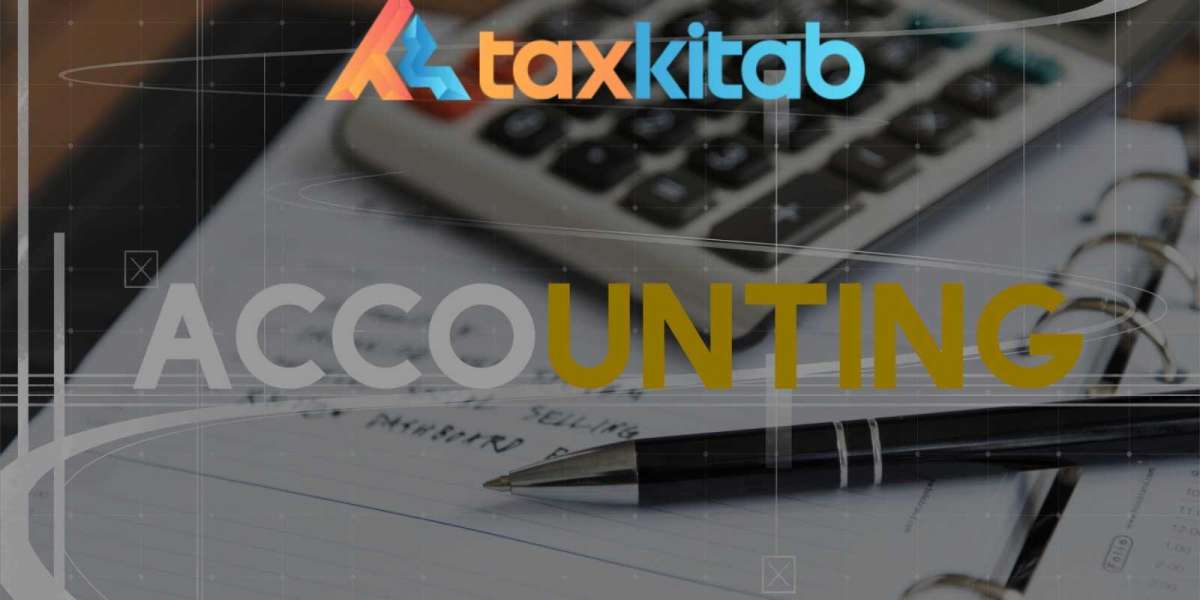If you’re starting a business or already running one, you’ve probably heard the term GST Registration thrown around. But what does it actually mean—and more importantly, do you really need it?
This article will help you understand whether GST registration is mandatory, beneficial, or something you can postpone for now. Let’s break it down clearly and simply.
more details insides: https://taxkitab.com/gst-registration/
? What Is GST Registration?
GST (Goods and Services Tax) is a unified indirect tax applicable to the sale of goods and services. In countries like India, Australia, Canada, and others with a GST system, businesses that meet certain criteria are required to register under GST law.
GST Registration gives you a unique identification number (like a GSTIN in India) and makes your business legally eligible to collect GST from customers and claim Input Tax Credit (ITC).
⚖️ Is GST Registration Mandatory for You?
Let’s find out. Here are the most common situations where GST registration is mandatory:
✅ 1. You Cross the Annual Turnover Threshold
In most countries, there’s a minimum turnover limit beyond which GST registration becomes compulsory.
For example, in India:
₹40 lakhs for goods (₹20 lakhs in some states)
₹20 lakhs for services (₹10 lakhs in special category states)
If your annual revenue exceeds this limit, you must register.
? Tip: Even if you’re just getting started, monitor your turnover. Once you cross the limit, registration becomes mandatory within a specified time.
✅ 2. You’re an E-commerce Seller
If you sell products or services through platforms like Amazon, Flipkart, or Shopify, you’re required to register under GST—regardless of your turnover.
✅ 3. You Operate Inter-State Business
If your business involves selling goods or services across state or province borders, most GST systems require you to register—even if your turnover is below the threshold.
✅ 4. You’re a Casual or Non-Resident Taxable Person
If you're temporarily doing business or operating in a different location or country, you’ll likely need temporary GST registration.
✅ 5. You Want to Claim Input Tax Credit (ITC)
If you want to claim credit for the GST you pay on purchases (inputs), you must be registered under GST.
✅ 6. You Provide Services to Registered Businesses (B2B)
Many registered businesses prefer or require their suppliers to also be GST-registered so they can claim input tax credit. Being unregistered may cause you to lose clients in the B2B space.
? When GST Registration Is Optional (But Still a Good Idea)
If your turnover is below the threshold, and you’re not involved in inter-state or e-commerce sales, you’re not legally required to register—but it might still be smart to do it.
Here’s why:
➕ Benefits of Voluntary GST Registration:
Improved Business Credibility – Shows you’re compliant and professional
Input Tax Credit Eligibility – You can claim back GST paid on expenses
Access to Bigger Clients – Many large companies prefer working with GST-registered vendors
Simplified Tax Structure – GST replaces multiple indirect taxes, making compliance smoother
? Risks of Not Registering (When You Should)
Penalties and Fines – Failing to register when required can result in heavy penalties
Blocked Input Credit for Clients – Your clients may avoid doing business with you
Legal Trouble – You may face legal action or audits for non-compliance
? How to Register for GST
The process is generally simple and can be done online. Here’s what you’ll usually need:
PAN or business registration documents
Identity and address proof
Bank account details
Business address proof
After submitting the form, you’ll receive your GST number and can begin issuing compliant invoices.
✅ Quick Checklist: Do You Need GST Registration?
| Criteria | Mandatory GST? |
|---|---|
| Annual turnover exceeds threshold | ✅ Yes |
| Selling on e-commerce platforms | ✅ Yes |
| Inter-state supply of goods/services | ✅ Yes |
| Supplying to registered businesses | ❌ Optional but recommended |
| Business with turnover below threshold | ❌ Optional |
? Final Thoughts
So, do you really need GST registration?
If you meet the legal criteria—yes, absolutely. Ignoring it could land you in trouble.
Even if you’re not required to register, doing so can boost your business’s credibility, efficiency, and growth potential.
In short, GST registration isn’t just a compliance step—it’s a smart business move.








